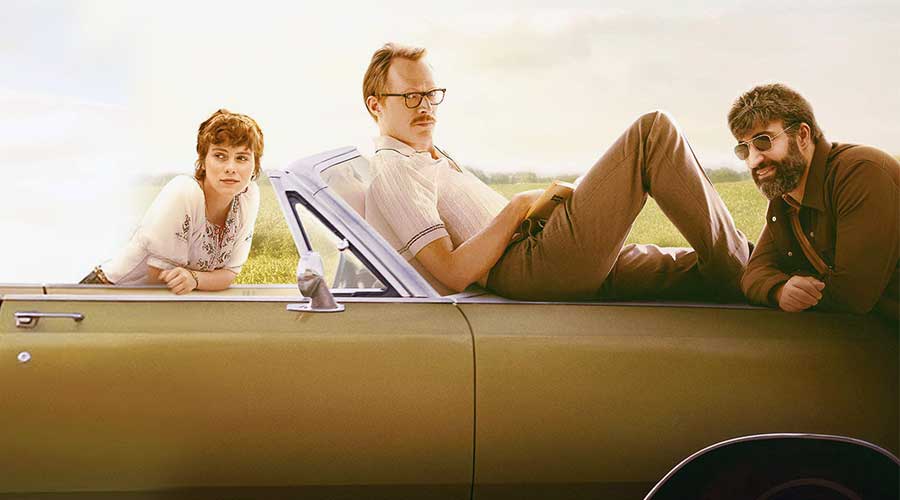What’s to watch on Netflix?
- 13 Apr - 19 Apr, 2024
Told through the voiceover narration of young Elizabeth Bledsoe, the story starts in 1969, when the 14-year-old protagonist is called "Betty" by everyone in her large extended family. It all seems very downhome, happy-clappy and Southern Nice until something pisses off grouchy patriarch Daddy Mac and the whole room freezes in fear.
Bookish, academically minded Betty doesn't feel like she really fits in her family. Only her elegant bachelor uncle Frank seems to get her.

Flash forward to 1973 and our heroine has indeed rebranded herself and now goes by Beth instead of Betty. Her boyfriend named Bruce talks her into crashing a party at Frank's house one evening. That's how she discovers that Frank lives in sin not with bohemian Charlotte, as she and her parents were led to believe, but with Wally, also known as Wahlid. This would explain why Frank never brought a wife or girlfriend down South to meet the family.
This new information has only started to sink in for Beth when the phone rings and her grandmother Mammaw Bledsoe calls in tears to announce that Daddy Mac has gone up to the big Barcalounger in the sky. Frank and Beth set off on a long drive for the funeral, secretly followed, it later transpires, by Wally, who insists he's stalked them because Frank will need him for emotional support on the trip and not because he's controlling or anything.
Terrified by the thought of coming out to his family and increasingly haunted by memories of what happened 30 years ago when Daddy Mac caught him in flagrante delicto as a teen with his first boyfriend Sam, Frank starts to fall apart.
As the film works towards a contrived climax, many viewers may find themselves moved by Frank's tortured, internalised self-hatred, which Bettany really milks in a graveside crying jag, and by Wally's cloyingly underscored good-heartedness. That's made all the more noble given he can never come out to his own family because men are killed for that in his country. But the script's virtue-signalling is ham-handedly executed, and not just in relation to the gay characters. Beth suddenly comes out with a stream of feminist assertive-speak to put down a letchy garage mechanic with bad teeth. Characters established earlier as bigots have sudden changes of heart later on.
COMMENTS